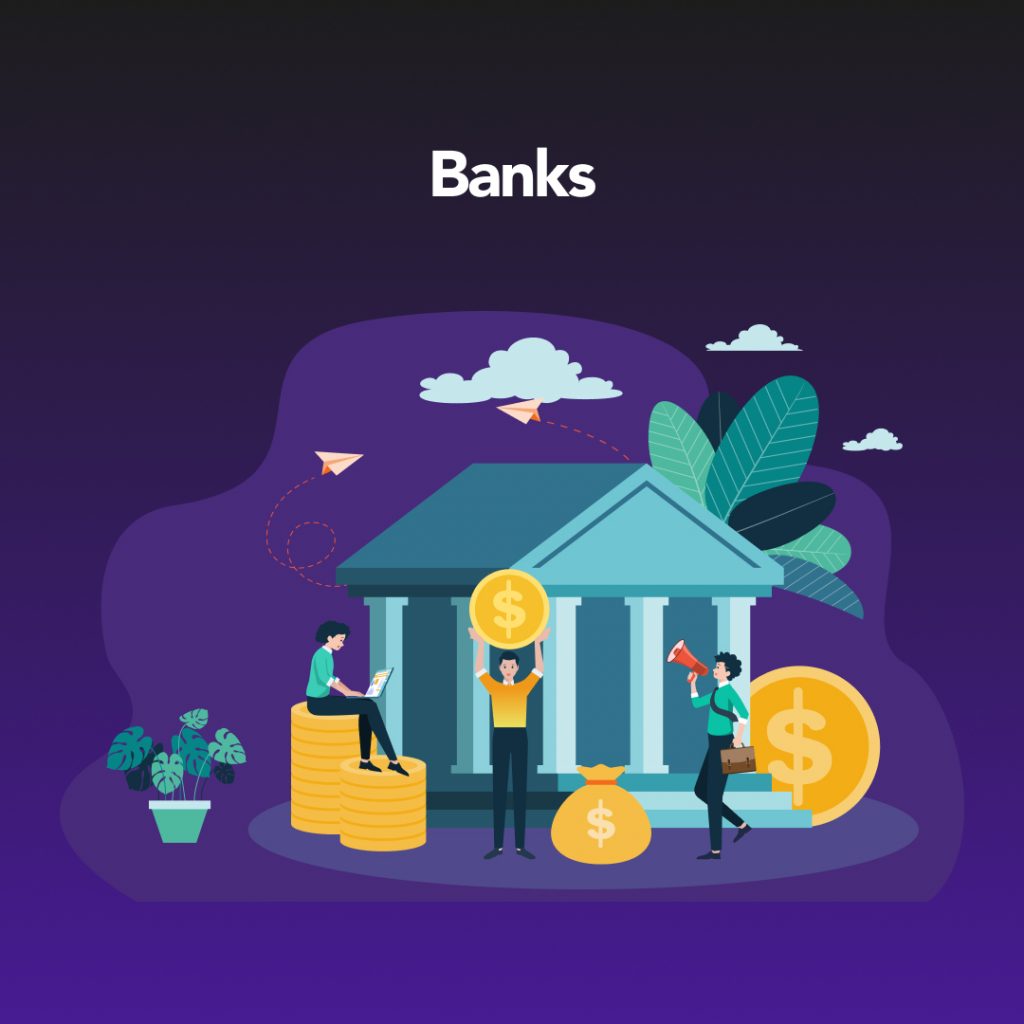
Start-up and Funding—these words have so often been said in the same breath that, to many, they appear synonymous. A start-up, after all, needs start-up capital—enough money to launch a new business.
What about the ‘government’ element, you might wonder? Well, we’ll come to that in a bit! (Hint: at the end of the list in the following section!)
Where does the start-up capital come from?
A start-up needs funding to go from an idea to an actual business. And there’s a broad array of sources from which the funding can come. Some of these sources are:

1. Savings and credit
Most funding for a start-up comes from personal savings and credit. After all, if anyone feels that their idea needs to become an actual business—it is the individual themselves. (Yours truly did the same—where that took her is a story for another day!)
As they say, “You have to be willing to invest in yourself.”

2. Good ol’ family and friends
Turning to friends and family before going to outsiders is a common practice among start-up founders. This close-knit circle consists of people who believe in what you’re doing and want to support you in whatever way possible.
The catch here, though, can be that the coming together of personal and professional lives can often complicate things. And minus legal documentation and lack of clarity on how the business relationship will play out—this can get messy.

3. Venture Capital Funds
Venture Capital Funds are set up to provide capital to promising startups. Such funds provide large amounts of capital to a company for growth and expansion and monitor its progress to ensure the investment delivers sustainable development.
What do such funds get in return? Well, they get equity or equity-linked instruments from startups. Such leave once the start-up releases an IPO or is acquired.

4. Angel Investors
Angels, indeed! Angel investors are individual investors or a network of individuals who are, more often than not, experienced entrepreneurs themselves. They have been through the process of starting a business and understand the pain points and opportunities.
Because angel investors fund you in exchange for convertible debt or equity ownership in your start-up, you need to think if that’s the route you really want to take.

5. Crowdfunding
Crowdfunding is a way to raise money online in exchange for rewards, equity, or debt. Sometimes the return is ‘nothing at all.’
It works if the start-up is small, as it helps the business access cash rather quickly. But this needs a marketing genius and a strong promotional strategy. And a fair deal of transparency regarding the finances of the start-up.

6. Banks
Unlike funding from venture capital funds and angel investors, loans from banks allow a start-up founder to retain full ownership. In fact, it is one of the most traditional ways of accessing funds.
Banks, however, are very careful with their funds and don’t invest in start-ups that they consider to be risky.

7. Incubators & Accelerators
Incubators and accelerators help start-ups access capital, mentorship, and networking. These are like prep schools for start-ups.
Incubators help entrepreneurs build their businesses. How? They focus on developing a business plan, name, website, and minimum viable product (MVP). And if a start-up already has an MVP, an accelerator expedites growth through mentorship, funding, and networking connections.

8. Government grants
Government grants are another source of funding for start-ups. These can either be federal grants, state grants or local grants.
Grants are mission-driven. There is an end goal that a government has when issuing these grants so getting access to a grant means that your start-up’s goals and values align with the government’s end goal.
Grants don’t have to be repaid, per se, but it does not mean that grants equal free money.
Advantages of Government Grants
Governments all around the globe have increasingly been interested in funding start-ups. They want to boost entrepreneurship and drive innovation, employment and productivity.
Here are some of the benefits of government grants:
- Government funding helps start-ups survive and grow
- Government grants give start-ups access to important resources
- Government grants boost local economies by creating jobs
- Government funding aids start-ups in driving innovation
- Government funding increase the tax base by helping start-ups foster
A Shining Example for the Sunshine State
While we are talking about government grants, why not share a piece of happy news for start-ups in Queensland?
Queensland State Treasurer and Minister for Trade and Investment Cameron Dick announced a new $24 million Enterprise Acceleration Fund to invest in growing start-ups across the sunshine state. The funding ranges from $500,000 and $2.5 million.
So, if you are an eligible start-up, this should be a start, should it not?
In conclusion
There are several ways in which start-ups can access funding. A lot of it depends on what the founder is willing to share in return for the funds.
But if you are a start-up founder, you already know that access to funding is just the start. There’s a lot that needs to be done. That is where we come in. Aerion Technologies provides consulting services to start-ups so that you have one that does both—makes a profit and is ready to scale.
Get in touch for a free consultation today, and we will work with you to take your idea from just being an idea to a scalable business.







